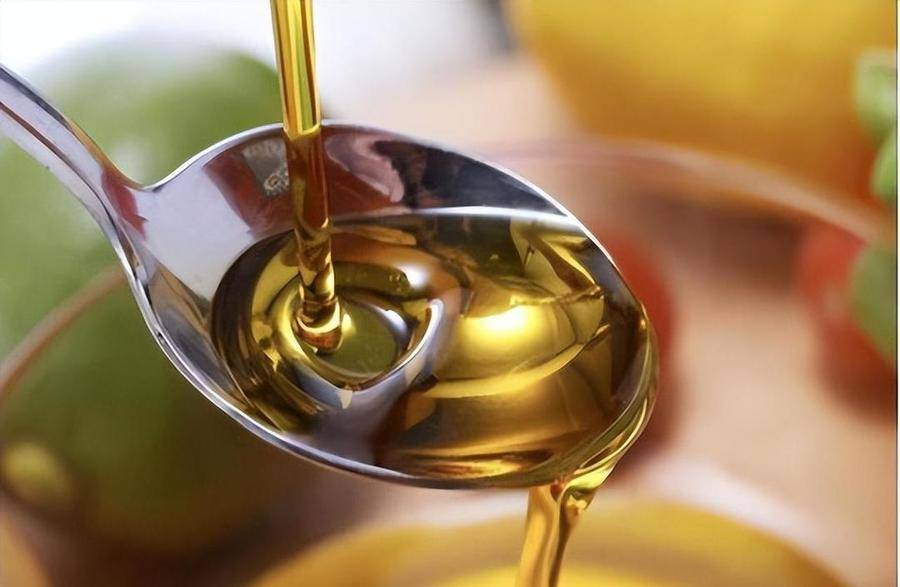These days, a topic has hit the trending charts, with a blogger on Weibo posting a reminder that “long-term consumption of self-pressed oil may be harmful to health,” as self-pressed oil is prone to pollution and spoilage during planting, harvesting, storage, etc., leading to the production of aflatoxins with significant health risks; small workshops have difficulties ensuring hygiene, and so on.
In fact, this kind of popular science article has long been a common topic, similar to the idea that long-term consumption of lard is unhealthy, while consumption of olive oil, germ oil, and others has many benefits.
Perhaps unexpectedly for the author, this “well-intentioned” blog post about self-pressed oil not only did not receive many “likes and shares” from readers, but instead was quickly covered by a multitude of criticisms and rebuttals.
For example, some netizens criticized the blogger for misleading readers with sensational titles, pointing out that consumption of moldy peanuts pressed into oil can harm human health, but the blog claimed that “long-term consumption of self-pressed oil may be harmful to health,” coincidentally posted at a time when self-pressed oil was popular in some areas. Some posts warned that homemade lard could also pose risks, with netizens providing personal anecdotes of elderly relatives consuming homemade lard for years as evidence. Other netizens mentioned how homemade rapeseed oil, peanut oil, camellia oil, hawthorn oil, lard… all smell so delightful!
Author does not know what expression the blog author had upon seeing so many rebuttals from netizens, but it is likely they were frustrated because these netizens are not easily influenced.
Over time, some netizens have gained popularity and followers by chance, gradually developing an illusion of “authority,” daring to comment on any field or occasion, some under the influence of capital, intentionally or unintentionally posting soft articles. Some even create seemingly relevant topics to gain followers, riding on the coattails of celebrities and trends. “Self-pressed oil” and “Wei Dongyi donating 16 million yuan to disaster areas,” as well as some of the “positive energy” online content derived from the recent barbecue incident in Zibo, all follow this pattern.
Truth be told, such online content does initially attract attention and popularity for the posters, even generating substantial income. However, as the saying goes, “scheming can be effective, but limited in scope; those who achieve great things have always acted honestly.” This has been proved by facts, with many “internet celebrities” suddenly falling from grace after a profitable run, years of “struggling business” coming to naught, a sight to behold.
As the ancients said, “Words without substance do not lead far.” Nowadays, it is an era where “everyone has a microphone,” theoretically providing a personalized stage for self-expression to all. However, it also offers a platform for some malicious individuals. For instance, in recent years, some have capitalized on people’s concerns about food hygiene and health, exaggerating issues and instigating anxiety, disregarding basic logic and common sense. Take self-pressed oil as an example: it has its flaws, but also many benefits. From personal experience, the raw materials for self-pressed oil, such as peanuts and soybeans, are mostly homegrown or personally purchased, meticulously selected and sun-dried before pressing, with any moldy or spoiled seeds discarded without hesitation, minimizing the risk of aflatoxins. As for claims about unhygienic small workshops, it is purely presumptuous. It is well known that the most significant feature of small workshops is transparency, and with modern improvements in living standards and stricter government regulations, unhygienic small workshops find it difficult to survive.
Of course, objectively speaking, industrial oil production surpasses self-pressed oil in terms of production environment and product quality. However, the assertion that “long-term consumption of self-pressed oil may be harmful to health” is somewhat sensational and disconnected from people’s everyday experiences. After all, industrial oil production has not been present in ordinary households for long.
Lastly, in recent years, after safety and food sector issues arise, some bloggers and even experts choose not to seek verification, reflect, and urge improvements for the sake of rectifying mistakes, preventing future occurrences, and saving lives. Instead, they divert attention, dodge responsibility, gloss over mistakes, and muddy the waters, resulting in more intense criticism and questioning from the public, a profound lesson indeed.
These so-called “experts” tarnish their reputation, as Lu Xun once said, [these] “experts are often contradictory.” Their contradiction lies not in their expertise but in using the title of ‘expert’ to comment on matters outside their area of expertise. In reality, aside from their expertise, these experts often lack the broad knowledge and common sense possessed by scholars or the general public.”
(· Dazhong News Client Reporter Wu Zongyi)


